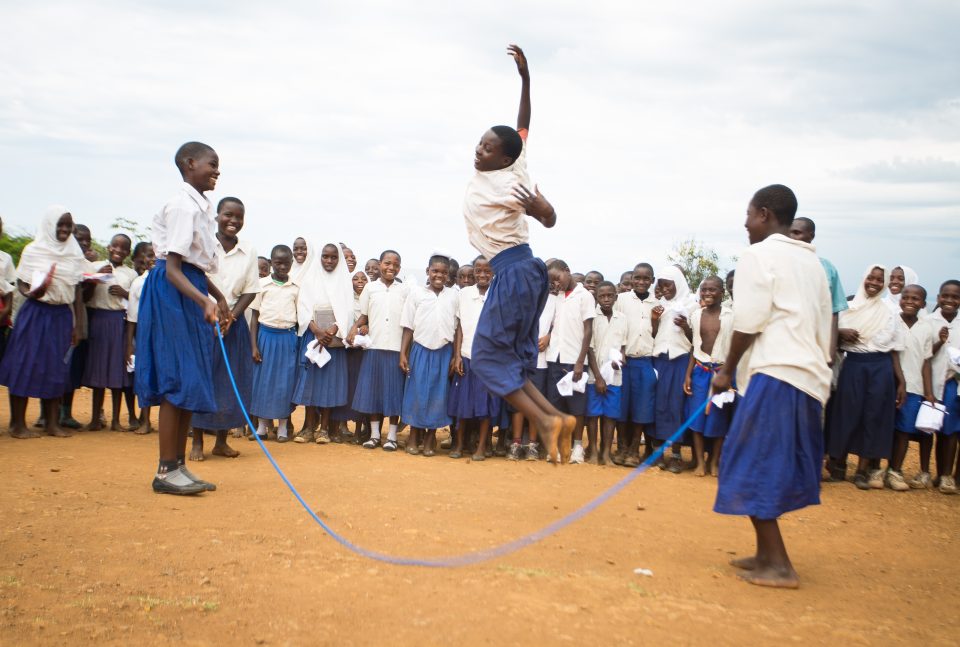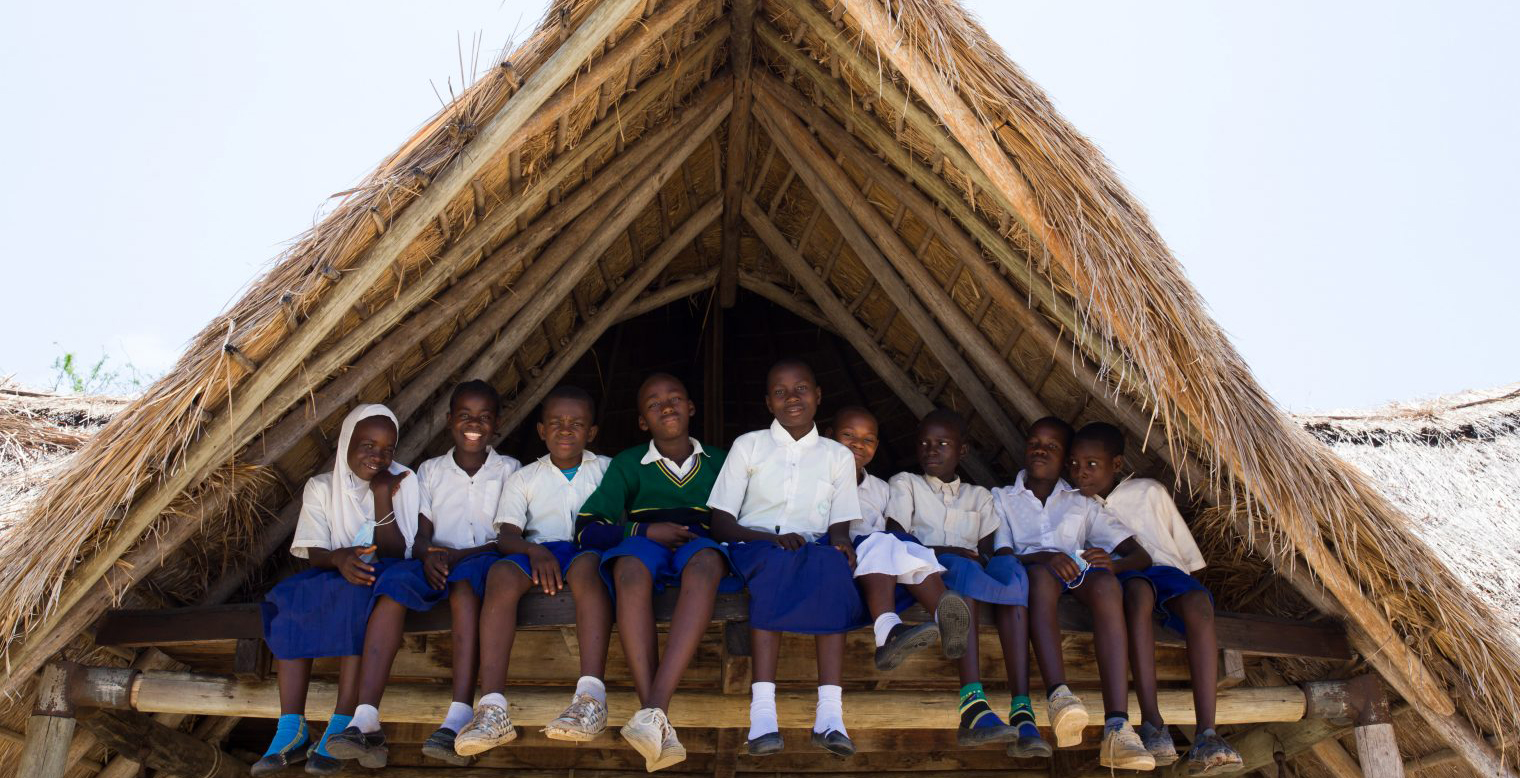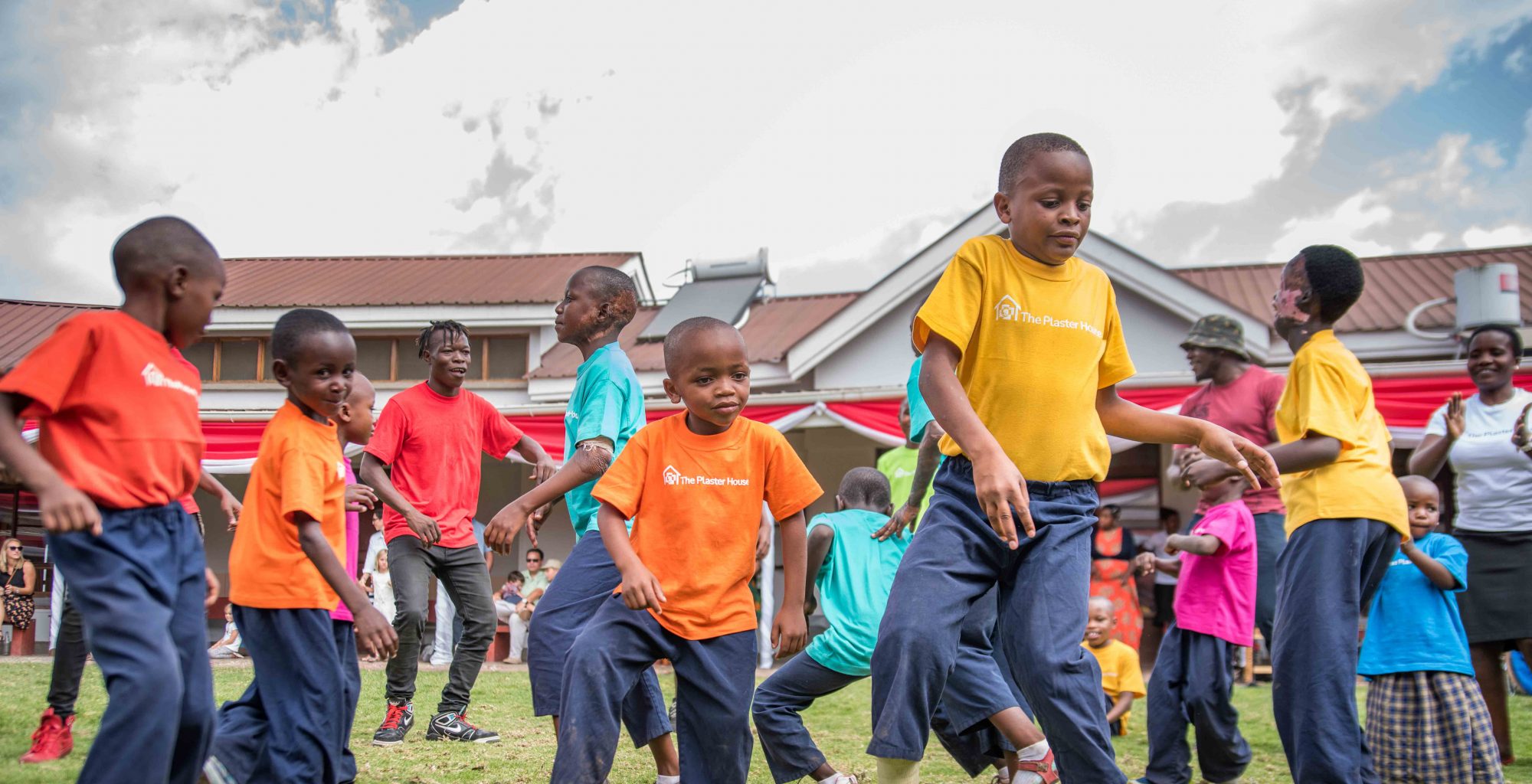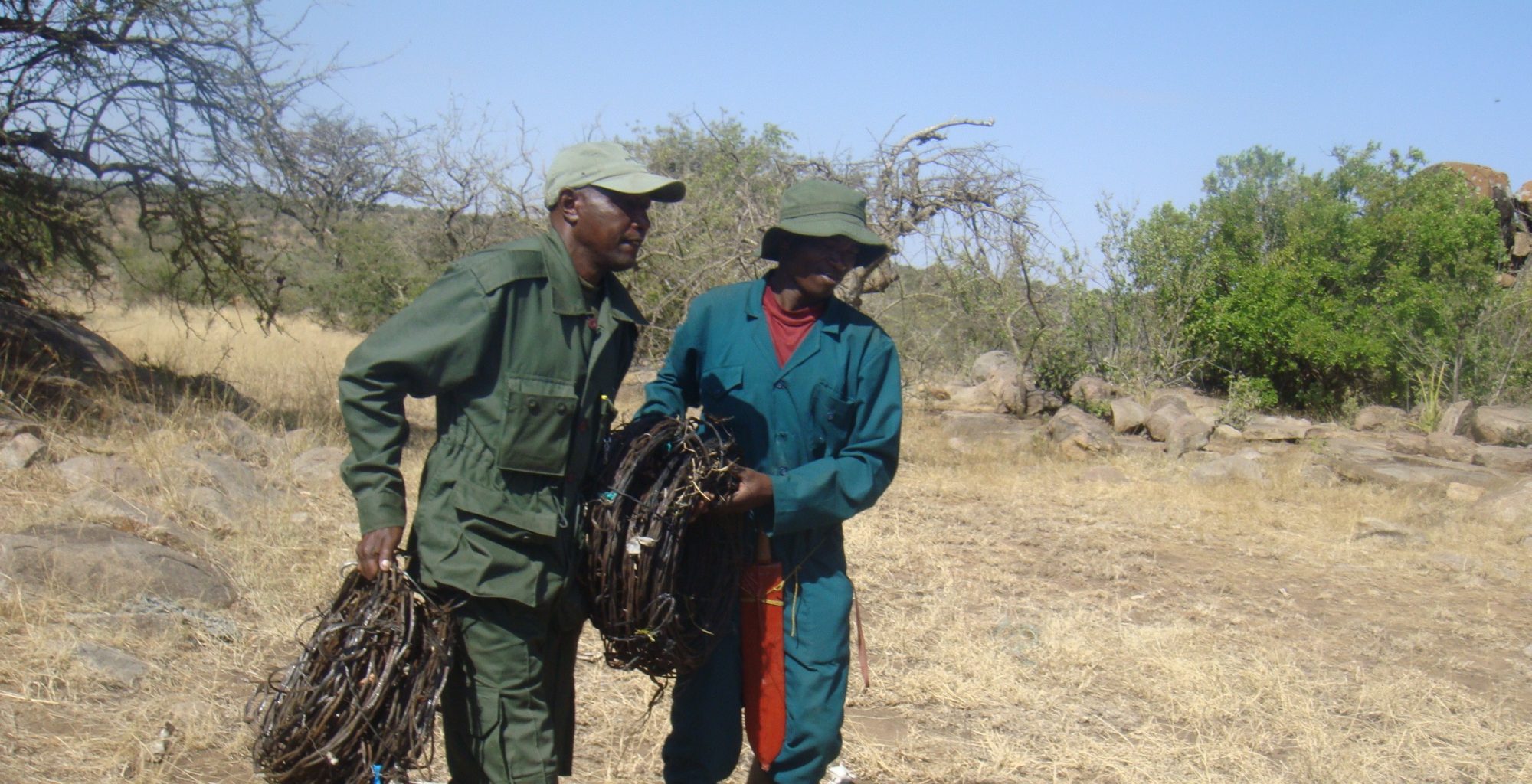The Nomad Trust makes an active commitment to the protection of core Nomad values and the sustainable management of Tanzania’s wildlife and habitats. The Trust’s three areas of focus are conservation, education and health.
With regards to conservation, the Nomad Trust engage in wildlife protection, monitoring, and research which help protect against poaching and the illegal bushmeat trade. Furthermore, in order to reduce human-wildlife conflict, the Nomad Trust run campaigns to increase community awareness and encourage local ambassadors and young leaders to stand up for their wildlife.
Education efforts include investments in nursery centres, food programs, and stocking schools with essential equipment; all of which are vital to a child’s early development. These endeavours are designed to give children the best possible start. On top of this, the Nomad Trust sponsor a small number of students to attend secondary school and offer internships, training programs, and vocational courses for motivated young Tanzanians.
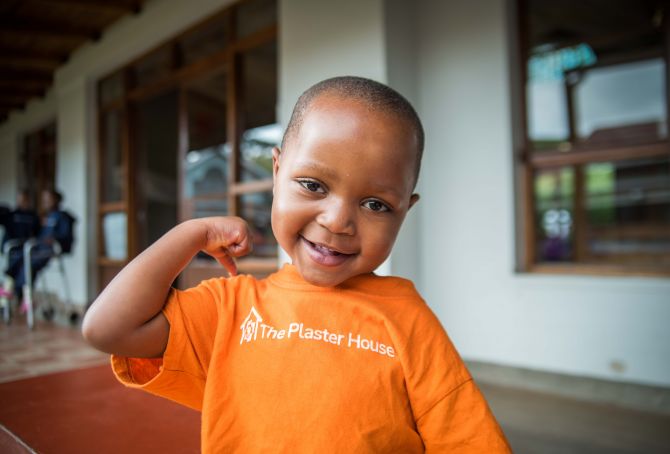
The Nomad Trust also focuses on improving the health of communities within their area of operation. Examples of these undertakings include the provision of essential medicines, mosquito nets, and children’s vaccinations. Alongside a partner in Arusha, the Nomad Trust facilitates the ‘Plaster House’ – an organisation that treats Tanzanian children with corrective, orthopaedic, plastic surgery and neurosurgery, as well as rehabilitative post-op care. Health education is also provided in the form of awareness campaigns which equip communities with the knowledge to protect themselves.
The Nomad Trust was set up by one of East Africa’s original safari companies, Nomad Tanzania, which firmly believes that tourism can be a driving force for conservation. Nomad Tanzania covers all of the Nomad Trust’s administration costs, meaning that it can pass 100% of its donations to supported projects.
Nomad Tanzania uses tourism as an income stream that safeguards the future of Tanzania’s wilderness. Similarly, Wild Philanthropy use a travel-driven conservation model to create employment and opportunity at the local level, where it counts. This commonality in travel-driven investment models, as well as a strong community involvement, establishes an effective partnership between Wild Philanthropy and the Nomad Trust.
